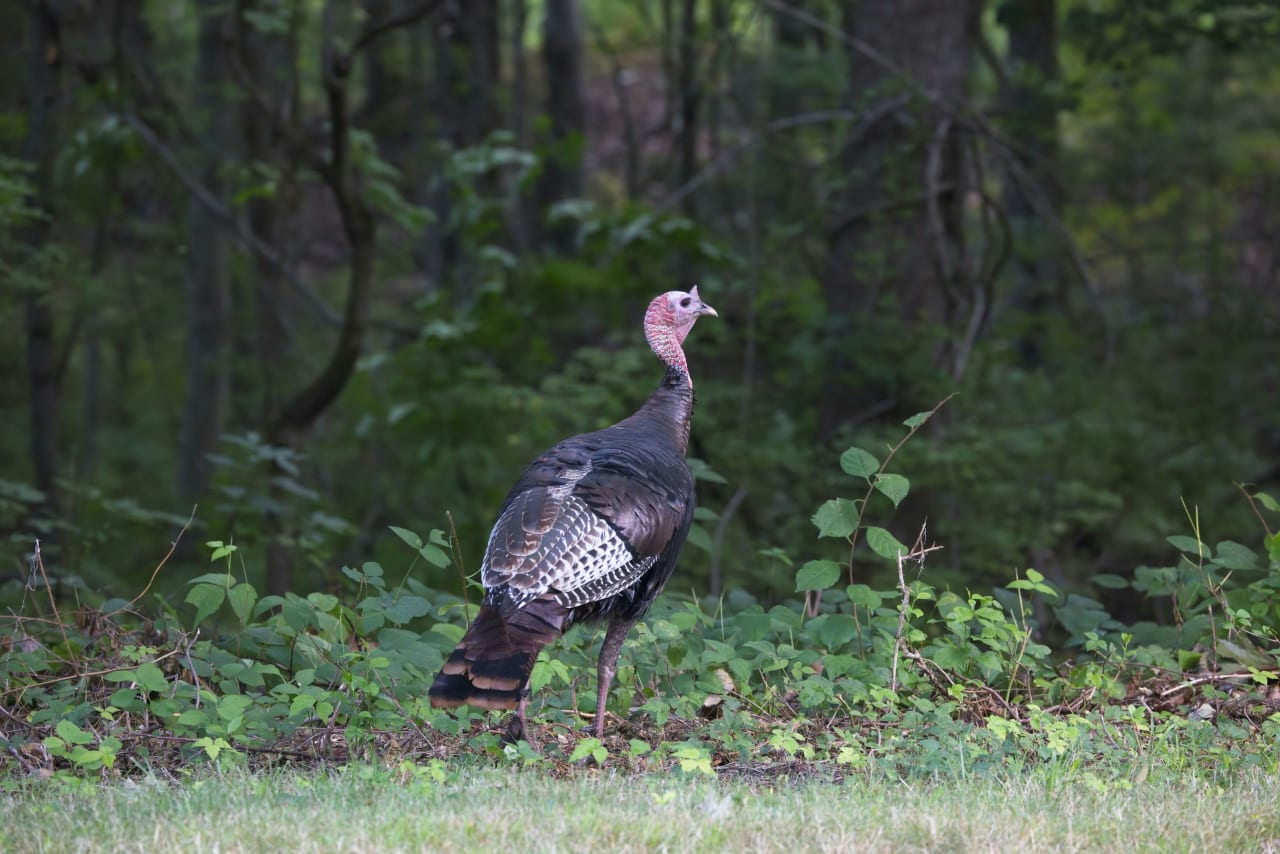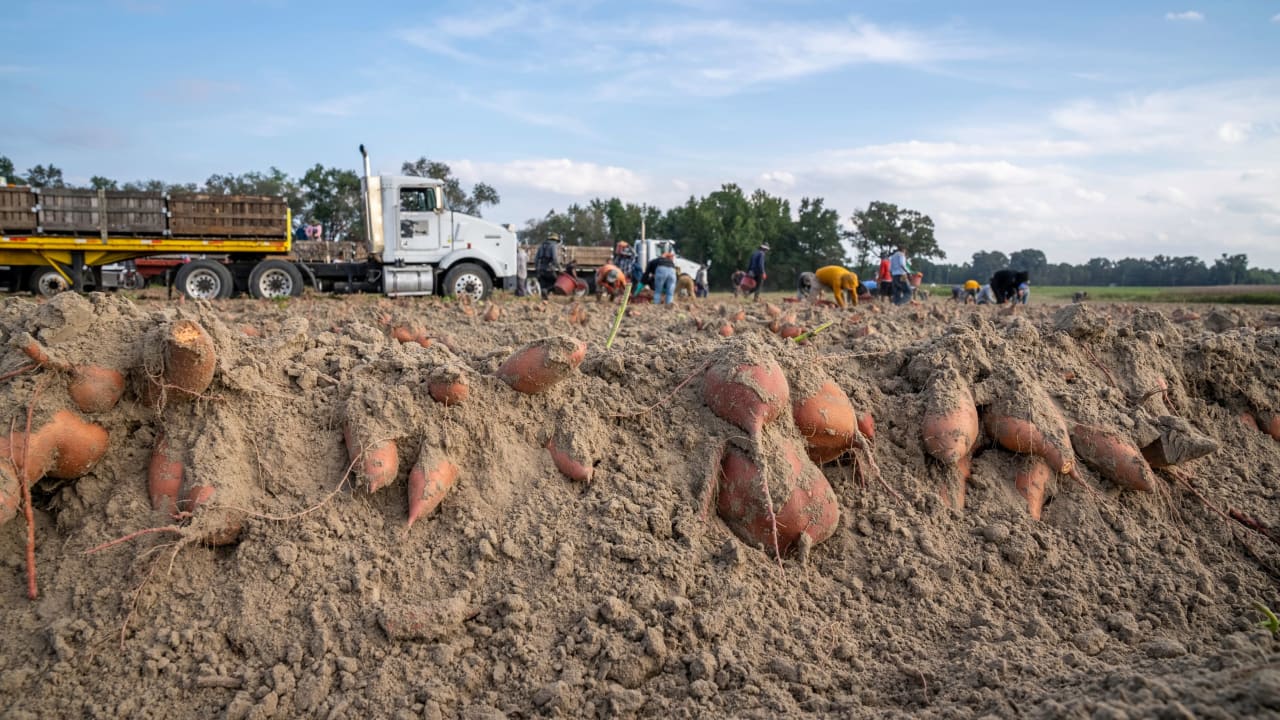Today’s savvy farmers and landowners know that financial planning is essential to overall farm operations management. Many land owners are recipient family members from a long line of generations who owned their property before them and can testify first-hand what impact taxes have had on their business management processes and land sales decisions. Here are the top five considerations to weigh out before buying or selling your tree farm, property or forest land.
- Selling a Primary Residence with Land. Many times, selling land means selling it for more than you paid for it, or for more than your cost basis. When you sell an asset for more than you paid for it, you end up owing capital gains tax. You may reduce your tax liability if you are married and file taxes jointly because you can take advantage of the maximum allowed before capital gains kick in, which $500,000 in most cases.
- Longevity of Ownership. Length of ownership plays a large part in deciding when or if to sell your property. Capital gains taxes are generally reduced if you have owned a property for more than a year (long-term versus short-term gains). You could potentially reduce all your capital gains if the property has been your primary residence two of the last five years and you are married and file jointly depending on where you sell and the cost versus price for which you sold your property.
- Gifting or Bequeathing. This is tricky and very dependent on where your land or farm is being sold. When you give land to someone, you also give the land’s cost-basis to the recipient. This could be a good or bad thing for them; if the property has not appreciated in value much or has lost value, the reduced cost basis will not adversely affect the tax rate the recipient will pay when they sell the gifted property. If, however, you leave property to someone through your will, the recipient will receive fair-market value as cost basis at that time. For highly appreciated properties and land, this is potentially a more advantageous tax position to have. Also to consider: transferring property to a family trust, corporation or LLC.
- Asset Depreciation. That barn, silo, or fence you built is an asset for which you might be taking a depreciation deduction against your operating income. If this is the case, you’ll have to consider depreciation when you sell. Keep in mind that when you sell, the deductions against taxable income you’ve taken on those assets will become taxable as ordinary income. This may affect the age at which you choose to sell, considering tax brackets for retirees may make less of an impact for you.
- Installment sales. Buying land in more than one payment can be an attractive option for both buyer and seller because both only need to claim a portion of the total impact over more than one year. For the buyer, an installment purchase potentially reduces the total debt or exposure each year; for the seller, it potentially reduces the capital gains tax owed for the total purchase by spreading the liability out over more than one year. One caveat: one – the seller still needs to report any interest income from the installment plan as ordinary income separately from the principal payments.
One bonus topic: the Obama Healthcare Plan was partially funded by a tax on primary residence real estate sales of 3.8%, set to start applying to sales in 2013. However, because the current market conditions may not reflect enough appreciation to affect when you sell, this may have no to little bearing on your decision to sell land in 2013. Though these five ideas represent some of the most common topics for consideration, Legacy Farms and Ranches is not a tax or legal professional. The best plan is always to consult with a tax and a legal professional to consider all of these five topics and more. Find a professional in your state who is up-to-date with current tax code and law and is licensed to help you manage your tax and legal opportunities in order to maximize your benefits of professional land management and farm operation.
If looking for a reputable company to help broker your farm land in North Carolina, contact us today at 919-844-9492 or [email protected]










